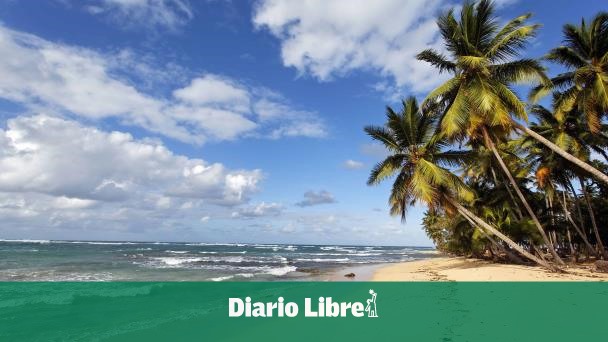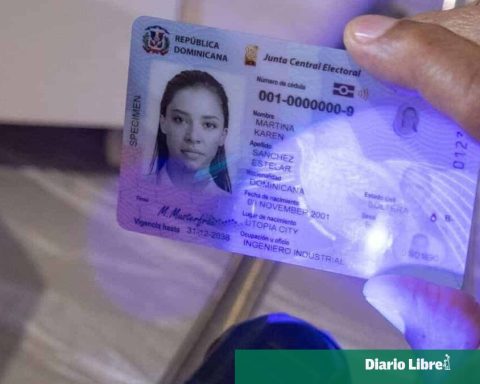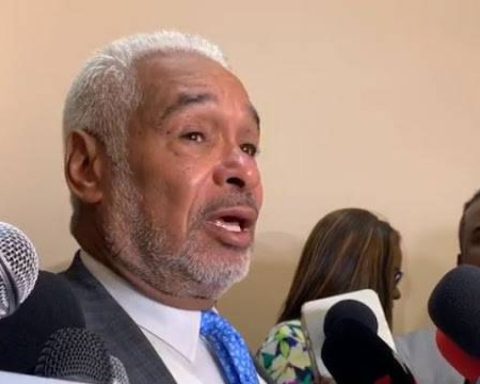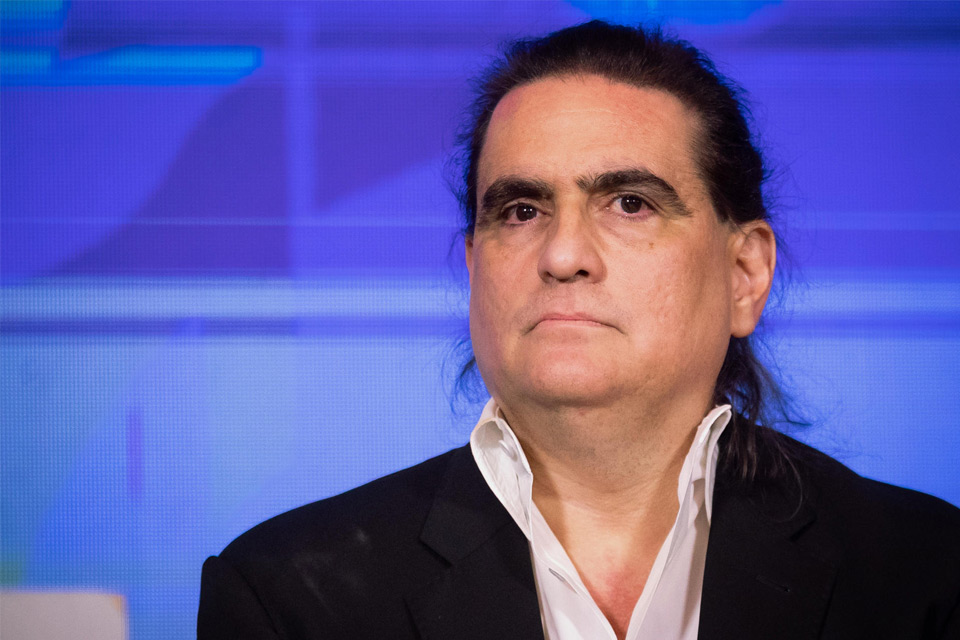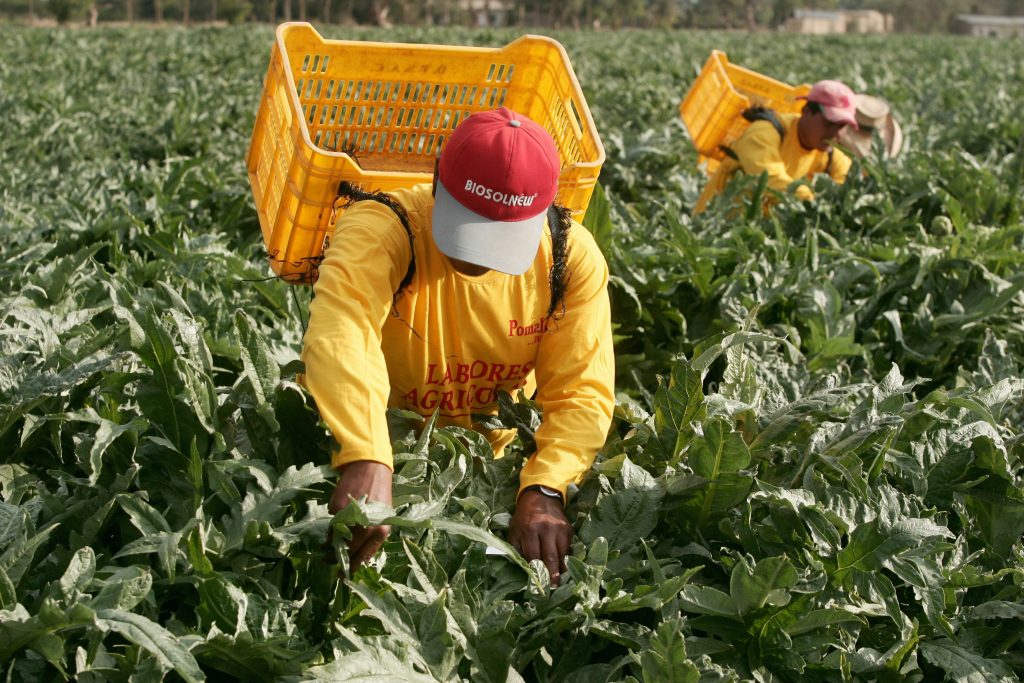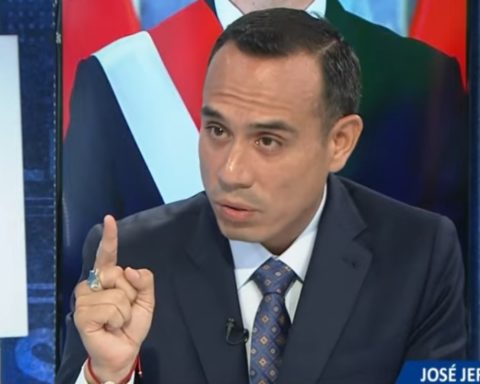The Association of Hotels and Tourism of the Caribbean (CHTA) warned on Friday that the elimination of incentives prosecutors would have long-term negative consequences on the Caribbean tourism sector.
According to the CHTAthese incentives They are crucial to offset the region’s high operating costs and attract significant investments.
“He tourism remains the economic engine of the Caribbean, benefiting not only hotels, but also local farmers, fishermen and artisans. “Tax incentives have allowed companies to invest in growth, create jobs and contribute to the broader economy,” the organization said in a statement.
The organization referred to the general situation in the Caribbean, but emphasized the draft Fiscal Modernization Law, presented last Monday in the Dominican Republic.
“The Tax Reform Project proposed by the Dominican Republic seeks to replace a successful incentive structure with broad tax increases, which could undermine the role of the tourism as a key economic driver. The country’s rapid recovery after the pandemic, fueled by hotel renovations and new investments, shows the benefits of maintaining incentives. In 2022, the tax incentives cost the government US$138 million, but generated US$763 million in tax-related taxes. tourisma return of 5.5 times, and US$1.05 billion in foreign direct investment, illustrating a multiplier effect of 13 to 1,” they indicated.
The president of the CHTA spoke about the importance of tourism for Caribbean economies and appreciated the importance of incentives to maintain momentum.
“He tourism is more than an economic engine: it is the backbone of our economies,” said Sanovnik Destang, president of the CHTA. “Reducing incentives without mitigation measures could destabilize recovery efforts. We must continue to invest in infrastructure and service sectors to sustain economic growth.” tourism“. Destang emphasized: “The tourism It thrives not only because of natural beauty, but because of the ability of businesses to invest in improvements. Eliminating tax incentives without performance-based alternatives risks undermining those investments, especially as global competition increases.”
Impact in it Development Economic and employment
The CHTA recognizes the challenges prosecutors that face the governments Caribbeans after the COVID-19 pandemic.
However, it stands out that the tourism has been a engine key in the economic recovery, restoring jobs and government revenue faster than expected. The removal of incentives prosecutors without alternatives could stop the growthreduce competitiveness and limit job creation.
He tourism in the Caribbean it generates foreign exchange when international visitors spend on local goods and services. Taxing inputs such as infrastructure and hospitality would increase costs and reduce competitiveness, prompting tourists to choose cheaper destinations. The incentives are essential to sustain the growth and improve the quality of service.
“While investments in infrastructure support a stable environment for both residents and visitors, eliminating incentives prosecutors to the tourism without offering alternatives you risk slowing down the growthreduce competitiveness and limit job creation,” explains the statement from the CHTA.
The CHTA urges the governments to adopt an approach collaborative when designing policies prosecutorsin consultation with interested parties tourism.
This association will encourage the growth In the long term, it will expand local participation and increase income prosecutors. The CHTA is also willing to work with institutions such as the IMF and the World Bank to create frameworks that support growth of the tourism and meet the needs prosecutors.
